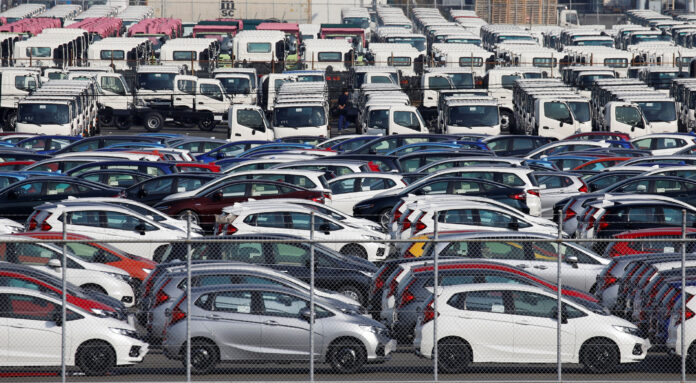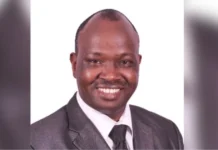
In a landmark decision aimed at revitalizing trade relations, U.S. President Donald Trump signed an executive order on Thursday, September 4, 2025, to reduce tariffs on Japanese automobile imports from 27.5 percent to 15 percent.
This move brings relief to Japan’s export-driven auto industry and signals a new chapter in economic cooperation between the two nations.
The executive order formalizes the agreement reached in July after months of intense negotiations between U.S. and Japanese officials.
It also confirms Japan’s commitment to invest $550 billion in U.S. projects, underscoring the broader economic partnership beyond tariff adjustments.
The tariff cut is set to take effect seven days after the order’s official publication, providing clarity and stability to automakers and suppliers.
Japan’s top trade negotiator, Ryosei Akazawa, expressed relief and optimism on social media, highlighting the significance of the deal after numerous negotiation rounds.
The order also ensures that the 15 percent tariff will not be added on top of existing levies on other products like beef, and it guarantees no tariffs on commercial airplanes and parts, further easing trade barriers.
Japanese automakers, including Toyota, which has reported nearly a $10 billion profit hit due to previous tariffs, welcomed the development. Toyota noted that while most of its vehicles sold in the U.S. are produced domestically, the tariff reduction provides much-needed clarity and stability for its operations.
The agreement also includes Japan’s pledge to increase purchases of U.S. agricultural products such as rice, corn, and soybeans by $8 billion annually, along with a commitment to buy 100 Boeing planes and boost defense equipment procurement.
These measures aim to balance trade and strengthen bilateral economic ties.
South Korea, another key U.S. trading partner, is still awaiting a similar executive order to reduce tariffs on its auto exports, highlighting the ongoing regional trade dynamics.
Following the announcement, shares of major Japanese automakers rose slightly, reflecting investor confidence in the new trade framework.
The deal comes at a politically sensitive time for Japan’s Prime Minister Shigeru Ishiba, whose leadership faces internal challenges.
The finalized trade agreement may bolster his position by demonstrating progress in international economic relations amid domestic pressures.
Source: Reuters
Written By Ian Maleve













![[Full List] – Safaricom, Absa and Britam Named Among Top Employers for 2026](https://uzalendonews.co.ke/wp-content/uploads/2026/01/Screenshot-2026-01-15-190157-218x150.png)




